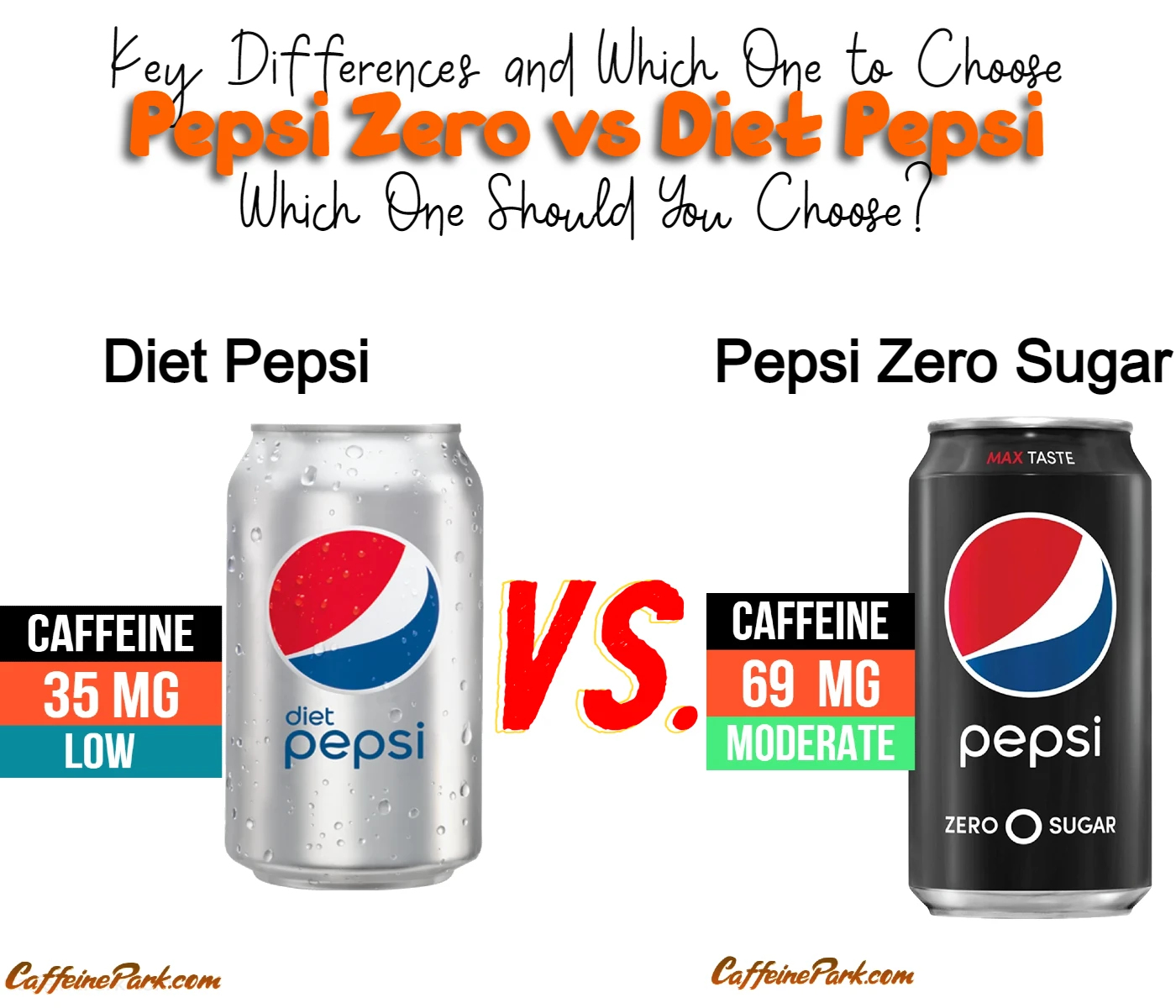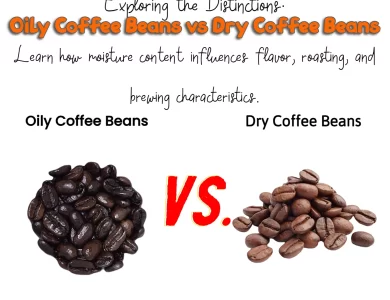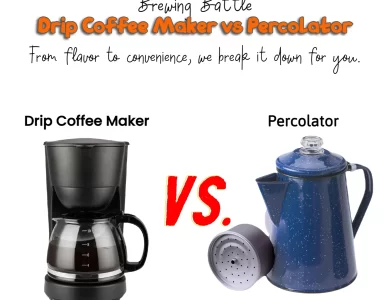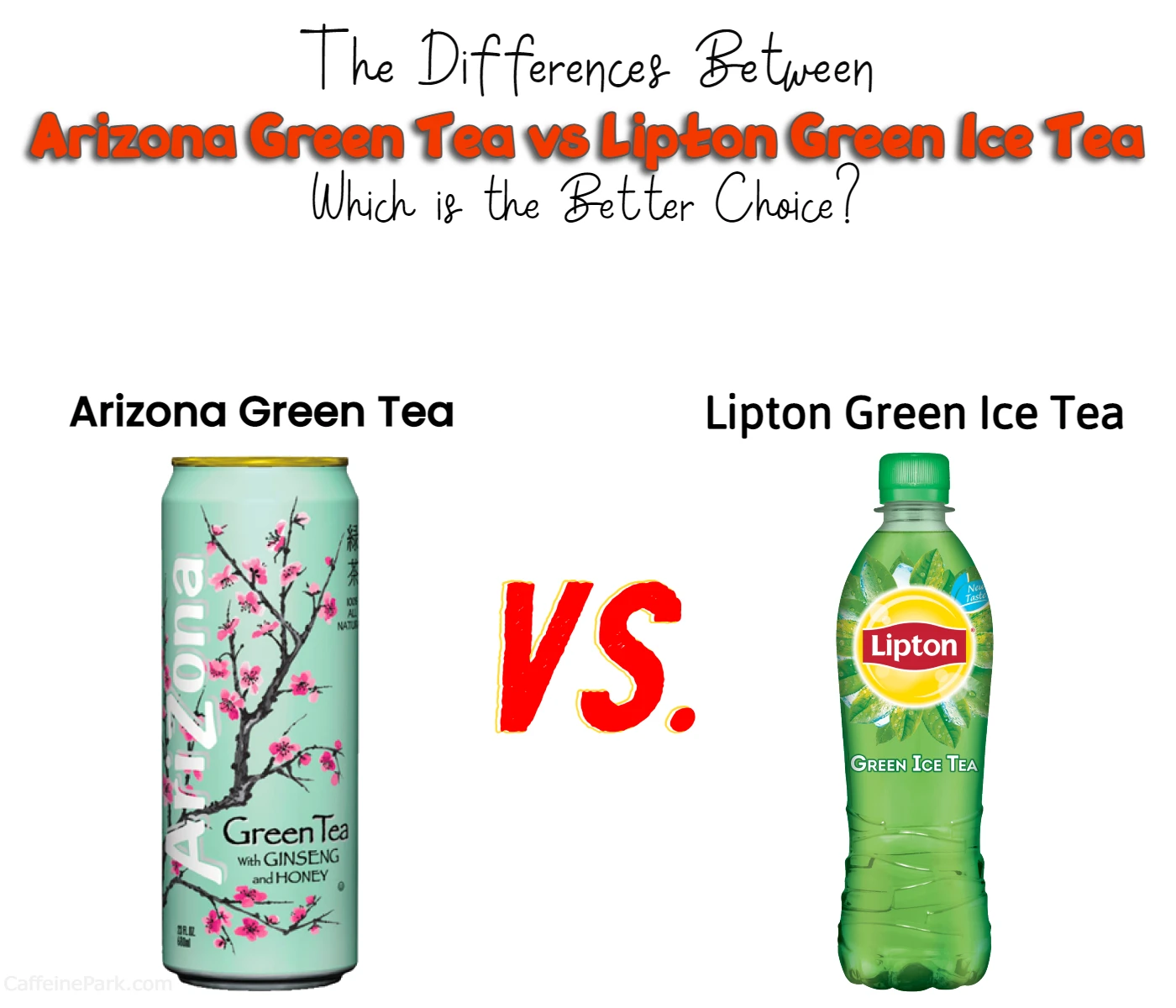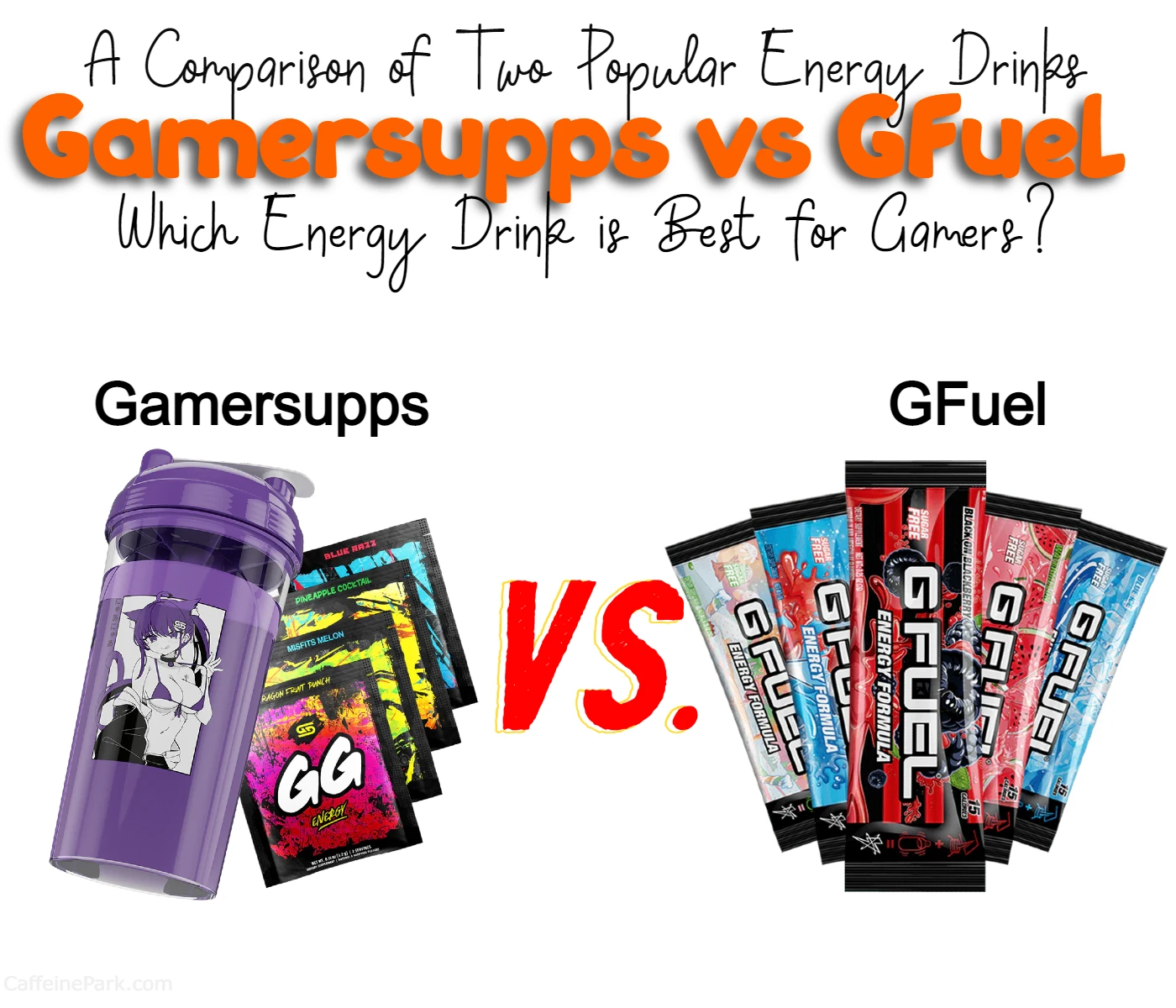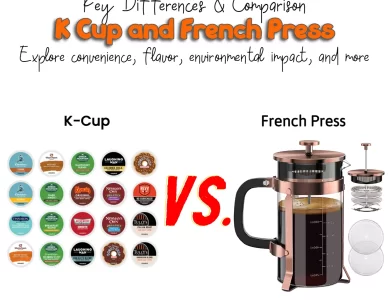Water vs Vitamin Water
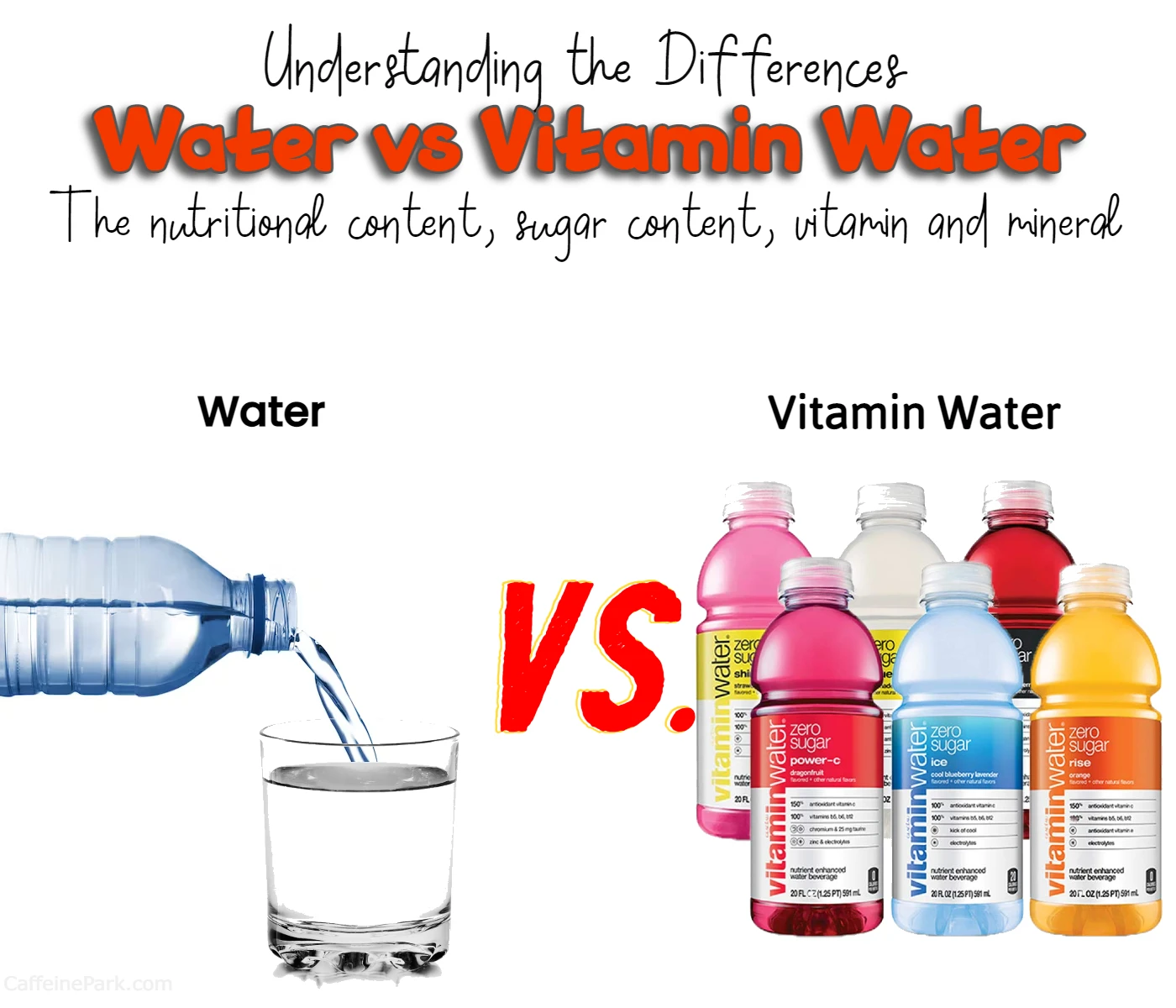
Water and Vitamin Water are two popular beverage options that many of us turn to when we need to quench our thirst. However, they have different nutritional content, sugar content, vitamin and mineral content, cost, and recommended use. It’s important to understand these differences to make informed decisions about what you are putting into your body.
First, let’s talk about water. It is the primary source of hydration for our bodies and is essential for many bodily functions. Water is calorie-free, sugar-free, and contains no added vitamins or minerals. It is the most natural way to hydrate and is readily available to us. Drinking enough water throughout the day can help keep you alert, energized, and focused.
On the other hand, Vitamin Water is a flavored water that contains added vitamins and minerals, as well as sugar and calories. While it can provide a tasty alternative to plain water, it should not be relied on as a primary source of nutrients. Vitamin Water can be a good option for those who struggle to drink enough water or who are looking for a flavorful and nutritious option. However, it is important to be mindful of the added sugar and calories and to consume them in moderation.
Here is a quick chart summarizing the differences between Water and Vitamin Water:
| Water | Vitamin Water | |
|---|---|---|
| Nutritional Content | The primary source of hydration | No calories, sugar, or nutrients |
| Sugar Content | No added sugar | Contains added sugar |
| Vitamin and Mineral Content | None naturally present, unless fortified | Contains added vitamins and minerals |
| Cost | Typically less expensive | Typically more expensive |
| Recommended use | Primary source of hydration | Flavored option with added vitamins and minerals, but should not be relied on as a primary source of nutrients |
Differences between Vitamin Water and Water
Water is a clear, odorless, and tasteless liquid that is essential for life. It makes up approximately 60% of the human body and is necessary for many bodily functions, including regulating body temperature, transporting nutrients, and flushing waste products from the body. Water is also important for maintaining healthy skin, muscles, and joints.
Vitamin Water is a brand of flavored water that contains added vitamins and minerals. It is marketed as a healthy alternative to soda and other sugary beverages. The company that produces Vitamin Water claims that the drink can help improve immunity, provide energy, and promote healthy skin.
Nutritional Content:
The primary difference between water and Vitamin Water is their nutritional content. Water contains no calories, sugar, or nutrients. It is simply a source of hydration for the body. Vitamin Water, on the other hand, contains added vitamins and minerals, as well as sugar and calories. Depending on the flavor of Vitamin Water, it can contain anywhere from 50 to 120 calories per serving.
Sugar Content:
Another significant difference between water and Vitamin Water is their sugar content. As mentioned, water contains no sugar, while Vitamin Water contains added sugar. This can be problematic for individuals who are trying to limit their sugar intake, as excess sugar consumption can lead to health problems such as obesity, diabetes, and heart disease.
Vitamin and Mineral Content:
As the name suggests, Vitamin Water contains added vitamins and minerals. The exact nutrients present in Vitamin Water can vary depending on the flavor, but common ingredients include vitamins C, B6, and B12, as well as minerals such as potassium and magnesium. While these nutrients can be beneficial, it is important to note that most people can get the vitamins and minerals they need from a healthy, balanced diet.
Cost:
Water is typically less expensive than Vitamin Water. While prices can vary depending on the brand and location, a bottle of Vitamin Water is generally more expensive than a bottle of water.
Which one should you choose?
Ultimately, the choice between water and Vitamin Water depends on your personal preferences and needs. If you are looking for a low-cost, calorie-free beverage that will help you stay hydrated, water is a clear choice. On the other hand, if you are looking for a flavored beverage that contains added nutrients, Vitamin Water may be a good option.
It is important to note that while Vitamin Water can provide some nutritional benefits, it should not be relied on as a primary source of vitamins and minerals. Instead, individuals should aim to get the nutrients they need from a healthy, balanced diet that includes a variety of fruits, vegetables, whole grains, lean proteins, and healthy fats.
Conclusion
In conclusion, water and Vitamin Water are two different beverage options with distinct nutritional profiles. While water is a calorie-free source of hydration, Vitamin Water contains added vitamins, minerals, and sugar. The choice between these two options depends on individual needs and preferences, but it is important to remember that Vitamin Water should not be relied on as a primary source of vitamins and minerals.
Alternatives
If you are looking for an alternative to Vitamin Water and Water, there are several options to choose from that can provide hydration, flavor, and nutrition. Here are some alternatives to consider:
- Coconut water – Coconut water is a natural, nutrient-rich beverage that is high in potassium, magnesium, and calcium. It is also a good source of electrolytes, making it an excellent option for hydration during and after exercise.
- Herbal tea – Herbal tea is a flavorful and low-calorie alternative to water that can provide additional health benefits. Many herbal teas have antioxidant and anti-inflammatory properties that can help improve digestion, boost immunity, and reduce stress.
- Infused water – Infusing water with fruits, vegetables, and herbs can add flavor and nutrients without the added sugar and calories of Vitamin Water. Some popular combinations include cucumber and mint, lemon and ginger, and strawberry and basil.
- Sparkling water – Sparkling water is a refreshing and bubbly alternative to plain water that can be a great option for those who crave carbonation. It is calorie-free and comes in a variety of flavors.
FAQs
Vitamin Water contains added vitamins and minerals, which can be beneficial for some individuals. However, it also contains added sugar and calories, which can be problematic for those trying to limit their sugar intake. In terms of hydration, both water and Vitamin Water can provide the necessary fluids the body needs.
While Vitamin Water does contain added vitamins and minerals, it should not be relied on as a primary source of these nutrients. Most people can get the vitamins and minerals they need from a healthy, balanced diet that includes a variety of fruits, vegetables, whole grains, lean proteins, and healthy fats.
Water is the best choice for staying hydrated during exercise, as it is calorie-free and does not contain added sugar. While Vitamin Water can provide hydration, it is important to be mindful of the added sugar and calories, as well as the potential gastrointestinal side effects of consuming large amounts of added vitamins and minerals.
Yes, you can make your own Vitamin Water by infusing water with fruits, vegetables, and herbs that contain vitamins and minerals. This can be a healthy and cost-effective alternative to purchasing pre-made Vitamin Water.
Read More:
